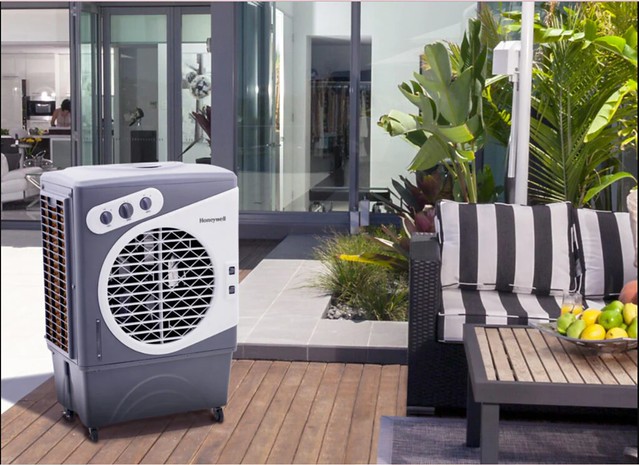Which Water Heater is Right For Your Home?
Water heaters play a critical role in your home. They’re used to wash dishes, sanitize surfaces, do laundry and take hot showers.
Traditional tank-style units heat incoming water indirectly through gas burners or electric heating elements inside an insulated tank. The unit has a thermostat that records the temperature within and, when it drops below prescribed levels, kicks in to heat it up.
Storage Tank Water Heaters
These conventional systems use a tank to heat and store water before it’s needed. They can be powered by natural gas, propane or fuel oil or electricity. When a hot water tap is turned on, the system turns on a gas burner or electric heating element to raise the temperature of the water inside the tank.
Hot water is then released into a pipe that leads to your shower, sink or washing machine. These systems can also be energy efficient. Newer models of these types of units feature heavily insulated tanks that reduce heat loss and lower the amount of energy they consume.
However, the heated water still loses some heat energy even when the hot water tap isn’t running. This is called standby heat loss and can account for 10 to 20 percent of your household’s annual water heating costs. Insulation can help reduce this loss, but only a well-insulated tank will eliminate it completely.
If you’re considering a traditional storage tank water heater, consider an ENERGY STAR® certified model. These units operate much like a traditional non-condensing tank water heater, but they use less energy and offer better efficiency and durability. ENERGY STAR® certified units feature a condensing heat exchanger that captures energy from flue gases, which adds to the unit’s overall efficiency and longevity.
Tankless Water Heaters
A tankless water heater heats only as much water as you need, so you never run out of hot water. They also have a longer lifespan than traditional storage tank water heaters and offer energy savings. They do, however, cost more than a tank-style water heater to purchase and install, but the initial investment is offset by monthly energy savings.
Like all water heaters, tankless units can encounter problems from time water heater to time. They require regular maintenance to ensure optimal function and long-term performance. A professional can perform routine cleaning and inspection to help prevent the development of mineral deposits on heat exchangers, which can cause damage and decrease efficiency.
Another potential problem with tankless units is that they can struggle to meet peak demand if the home’s electrical or gas infrastructure cannot deliver energy at a high enough rate, which often results in additional charges on monthly utility bills. This issue can be mitigated by properly sizing the unit and installing a water softener to reduce hard water mineral build-up on demand heaters.
Electric tankless water heaters can also experience issues with ignition, which may be caused by a lack of incoming electricity or dirty burner and igniter components. In such cases, the circuit breaker might trip, cutting off power to tankless instant water heater the unit. An electrician can check the wiring and address any problems if necessary to correct this problem.
Gas Water Heaters
Water heating accounts for 20 percent of the average household’s energy bill. After heating and cooling, it’s one of the most expensive household expenses. But unlike electric heaters, gas models use natural or propane fuel to heat your water. If your home already has a gas line, these models are a less expensive option than switching from electric. Plus, a gas heater has a faster recovery rate and can work during a power outage.
You can identify a gas model by looking for a black pipe that enters the bottom of the tank. The pipe may also be copper, though most are made of PVC. If you see this, it means your home has a traditional gas model that works with either natural or propane gas.
The best models feature an electronic control that uses a piezoelectric switch to generate bursts of electricity to ignite the pilot light. This reduces the chance of accidental flammable vapor ignitions. Plus, you can use a simple dial to set the unit to energy efficiency, hybrid, electric, or vacation mode.
A gas water heater can require a larger space since you’ll need to add a vent for exhaust heat. Some models even include a carbon monoxide detector for added safety. It’s important to note that if you’re switching from an electric model, the installation process is much more costly. This is because the existing gas lines need to be relocated to accommodate the new appliance.
Electric Water Heaters
Electric water heaters heat the water using heating elements, and they can be conventional storage tanks or tankless options. They can be placed in areas of the home that do not have access to natural gas connections, or they can be located where a hot water heater would be difficult to install due to space limitations.
An electric water heater can be a great option for homes that want to avoid the cost of installing a gas line, and they are often less expensive to run than their gas counterparts. They are also environmentally friendly, as they do not produce carbon monoxide like a gas heater does.
When selecting an electric water heater, consider capacity and energy efficiency. Ensure the unit can keep up with the amount of hot water your household needs, and choose an ENERGY STAR certified model for higher efficiency.
The best type of water heater for your home will depend on a variety of factors, including family size, budget, and space availability. A gas water heater is a good choice for households with a high demand for hot water, and a conventional tank model is ideal for homes without the space for a large tank. However, if you have solar panels installed on your property, an electric tankless or hybrid water heater may be a smarter investment because it allows you to maximize the energy generated by your solar panels and reduce your reliance on fossil fuels.

